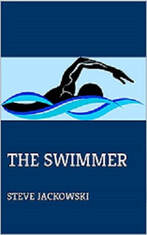
In my latest novel, The Swimmer, instead of debating others, a third party presidential candidate who campaigns on bringing our divided country together, holds public discussions between people on opposite sides of the political spectrum. Here's the first one. I note that I've changed the name of the candidate to TOM in this post so as not to reveal too much of the plot.
“Today, I announce the formation of the REASONABLE Party. Those of you who join us could be from the left, right, or center. All we ask is that you be reasonable in your disagreements. I honestly believe that as Americans, deep down, most of us are decent people. Most of us want our country to be stable and to go forward as our founders once demanded, that we have the right to life, liberty, and the pursuit of happiness. And don’t discount that last one. Aside from a few at the top, I don’t think too many people are happy these days. It’s hard to be happy when you’re scared. I’m scared. But if we work to listen to others, to agree to disagree, and to show some respect to everyone, I think we can save our country.
“Perhaps others have said it before, but I’m prepared to do whatever is necessary to put the ‘United’ back into the United States. Don’t be afraid to put reasonable disagreement and discussion ahead of hate and fearmongering. Join us!”
A week later, TOM held the first of what he called ‘Reasonable Discussions about Divisive Issues’. While the major networks tried to bid for exclusivity, TOM made it clear that his broadcast would be for everyone and that any network that wanted to carry it could. In fact, nearly all did.
Dressed in a very presidential suit that left no question about the powerful athlete underneath, TOM greeted the audience and two scowling individuals.
“Good evening all. Welcome to the first of our Discussions about Divisive Issues. With me are John McCallum and Steve Bourne. As you can see from the way they’re scowling at each other, they’re not the best of friends.
“Tonight’s topic is Immigration. We’ll be holding future discussions about Abortion, the Economy, Gun Violence, Election Security, the Wealth Gap, and depending on how things go, several other key topics which so far, have furthered the division in our country.
“My role is to act as moderator. Well, maybe moderator isn’t the best description. This is not a debate. Instead, call me a mediator. We’re going to imagine that a court has ordered these two to settle their differences with a mediator.
“As mediator, I decide who gets to talk, when they get cut off, and how we move forward. Sometimes mediation doesn’t work, but generally each party leaves with a better understanding of the other side and sometimes they reach a compromise in a subsequent mediation session. I’ve known a few judges in my career, and most are pretty tough. They keep sending adversaries back to mediation until they come to agreement. We may not have time to do that for each topic, but I wanted to see if we could move the needle toward the center from two extreme positions.
“Before they came I asked Steve and John to prepare a short, two-minute-or-less statement about their positions on Immigration. So, to kick things off, I’d like Steve and John to read those statements. After that, they’ll introduce themselves and then we’ll begin the discussion. Steve, why don’t you start?”
“Ah. Okay. Here goes. Sorry. I’m a bit nervous.”
“Understandable, but hey, it’s just us here and we’re going to try to be reasonable. Nobody’s going to attack you. Go ahead.”
“Okay. Immigration. We should just shut it down. Our country is being overrun by people who shouldn’t be here. They take our jobs, they fill our emergency rooms and drive up the costs of healthcare for everyone. Most of them are lazy. Many are criminals. They live off others either through snow-flake social services, by dealing drugs to our kids, or robbing small businesses. Their gangs kill each other and innocent hard-working people and our kids. Those who got here illegally should be deported. So should their kids. They have no right to take places in our schools where our kids should go. And this bull crap about seeking sanctuary? No. They should stay in their countries and solve their problems there, not bring them here. As for legal immigration. It needs to be severely limited. Like New Zealand. No one should be allowed in unless they have enough money to live on, are going to start a business with enough money, or have a guaranteed job. Our current policies have been a disaster. It needs to stop!”
“Thank you Steve. John, I can see you disagree and seem to be getting a bit heated listening to Steve. However. I’d ask you to just read your statement. We’ll get to the discussion shortly.”
John glared at both Steve and TOM. For a moment, the audience and even TOM thought John might get up and leave.
“This sucks. No one should be able to say that bullshit.”
“John. You agreed to come. You agreed to listen. You agreed to try to be reasonable. I’m not asking you to agree with Steve. Let’s give this discussion a shot. Please read your statement on Immigration.”
John paused, clearly thinking about his next move. He had agreed. He wasn’t a quitter. He’d follow TOM's orders. And while it may have sounded like encouragement, John knew that these were orders. He’d been in the service. He knew.
John took a deep breath, sighed, took another deep breath and started reading.
“We’re all immigrants. Immigrants built this country. We wouldn’t have a country without immigrants. My great-grandfather came here from Scotland over a hundred years ago because there was no work. Some of his friends came because of religious persecution. I don’t see much difference today. The United States is the richest country in the world. It’s our duty to help others. We should open our borders to all but criminals. The immigrants I know work harder than anyone else. They came here often risking their lives to work hard and make a better life for their families like my great-grandfather did. They will pay their taxes and take jobs most Americans don’t want. They’ll get ahead. Their kids will get educations and our country will prosper because of them as it always has. We need to open our borders.”
If looks could kill, Steve would have murdered John.
Acting as if nothing were amiss, TOM continued.
“Thanks guys. Now, please tell us all where you’re from, give us a bit of history, and then tell us what you’ve done or do for a living. We’ll get on to our discussion topic after that.
“John, why don’t you start?”
“Ah, okay. I’m John McCallum. I was born in Perry, Oklahoma. My dad worked at the Charles Machine Works for over forty years. Me, I was a wrestler in High School. We won 3 state championships while I was there. When I graduated, I joined the Marines and eventually made it into the Seals. TOM, you’re a legend there. Like you, I saw a lot of action and lost more friends than I want to think about. I put in my twenty and retired. I’m now following in my dad’s footsteps working at the machine works as a line manager. I’m married and have two kids: a girl who’s twelve and a boy who’s ten. I’ve stayed involved with wrestling by coaching the kids in an after-school program. I think that’s about it.”
As the camera pulled back, it was obvious that Steve Bourne was surprised, and maybe a bit fascinated.
“Steve, your turn.”
“Ah. I’m Steve Bourne. Okay. My great-grandfather came to this country over a hundred years ago too. He was from England where industrialization cost him and his family their jobs. Ultimately he settled in Lock Haven, Pennsylvania. He worked in the paper mill there. My grandfather did too. Then my father worked in the aircraft factory. Both are closed now. I went to Lock Haven High which is now closed too. I was on the wrestling team and we won two state championships. When I graduated, I joined the Army and worked my way into the Rangers. For those of you who don’t know, the Army Rangers are a special forces group like the Seals. Like John and TOM, I saw a lot of action. I’m not happy about a lot of it. But I survived. Some of my friends didn’t. Anyway, I didn’t put in twenty. After my last Purple Heart, I didn’t re-up. I went home and got a degree in accounting from Lock Haven University. It was weird taking classes at my former high school again. Now, I’m an accountant. I have three kids: Amy, age 15, John, who’s 13, and Mitch who’s 11. And, I also coach the local high school wrestling team.”
“Thanks, Steve.
“Before we get into the actual discussion, let me ask you something. John, what do you think of Steve?”
“Well, I hate his politics, but hey, respect brother!”
“I’m going to be picky here but John, let’s try to avoid the use of the word ‘hate’. It just gets people riled up when you say you hate them or something about them.”
“But –”
“Sorry to have cut you off, John, but could you rephrase to be just a bit nicer?”
John was fuming and you could actually see him count to ten.
“Alright. Steve, I’m not happy with your position on Immigration, but I do respect you man.”
“Steve?”
“I’ll say the same. I’m not happy with your bullshit position.”
“Steve!”
“Yeah. Okay. I’m not happy with your position on Immigration, but yeah. I respect you too. Seals. Action. Wrestling!”
“So one last thing before we get started. If you guys had met in a bar or at a game and didn’t know anything about the other’s politics, if politics were the last thing on your minds, do you think you could have been friends?”
Each shook his head pensively, looked at the other, and reluctantly nodded.
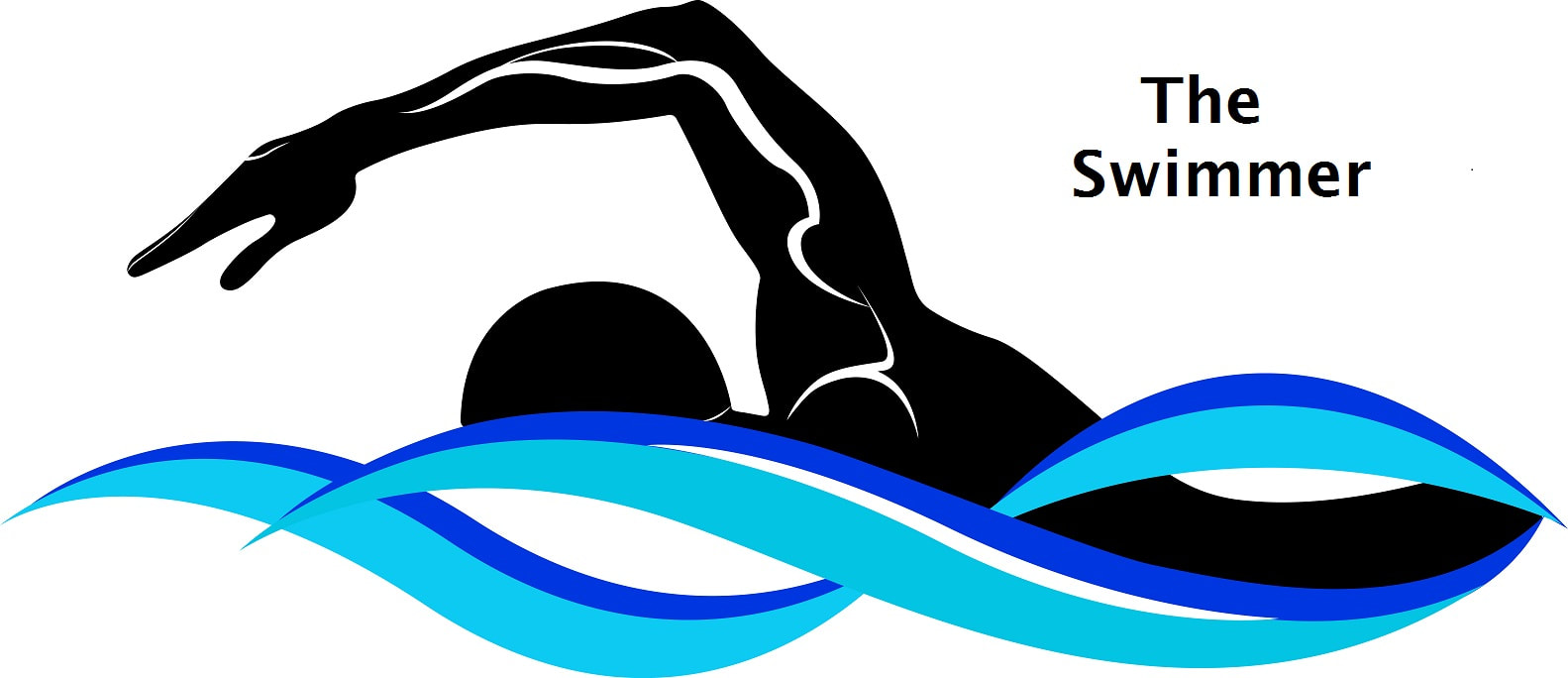
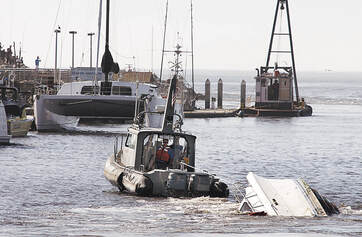
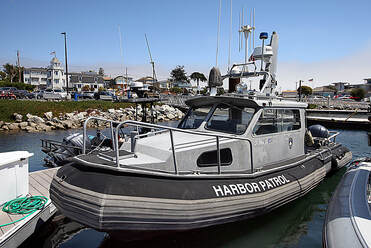

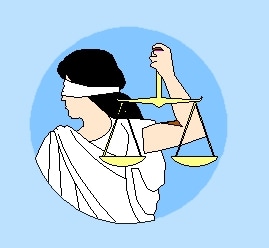
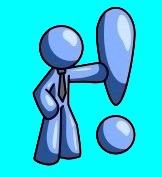
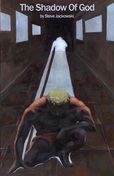

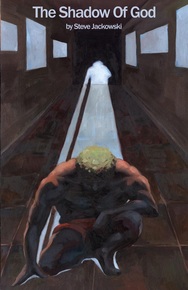
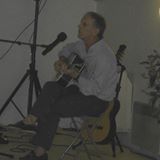








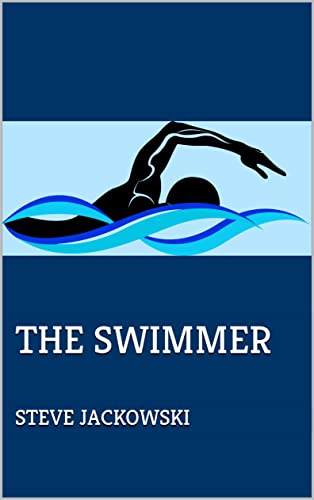
 RSS Feed
RSS Feed